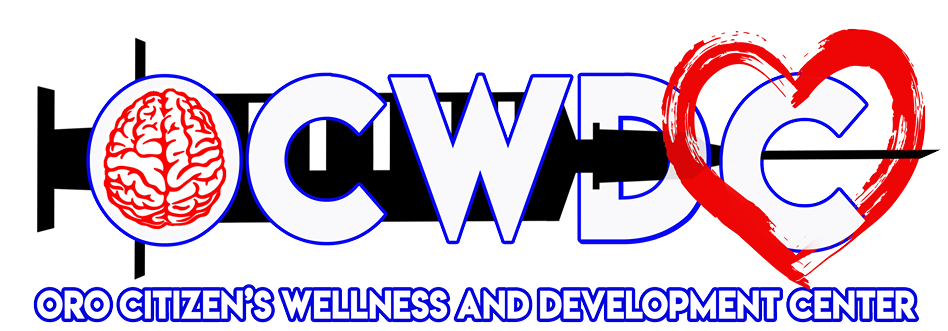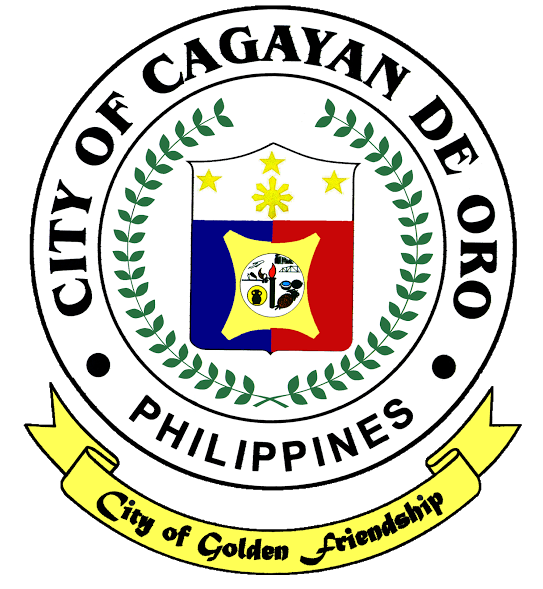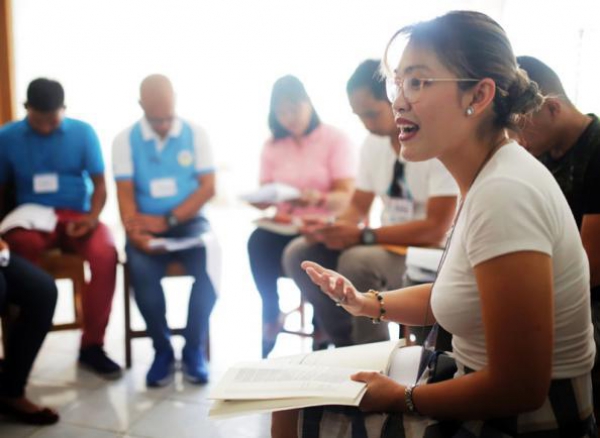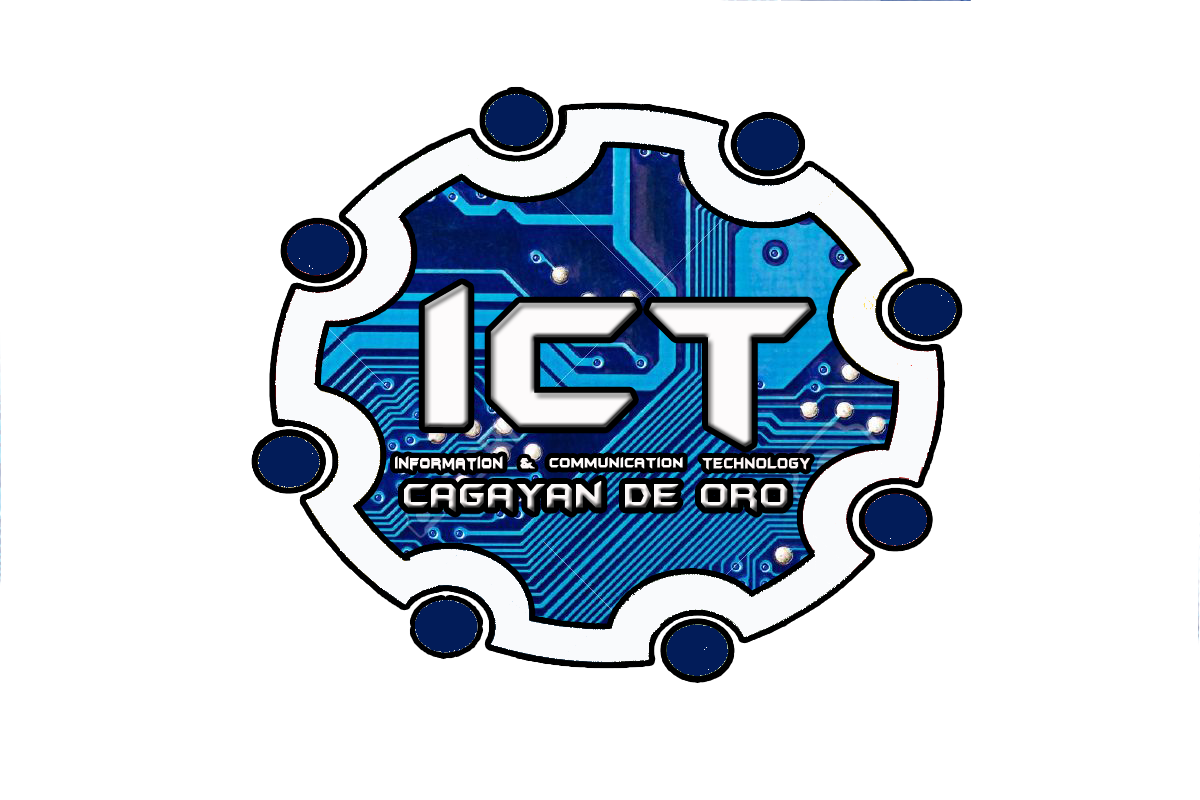The Challenge
Approximately 1.8 million people in the Philippines use drugs, according to a survey by the Philippine Dangerous Drugs Board (DDB). The Philippine government believes this number is significantly higher.
In 2016, the government launched a campaign against illegal drugs and 1.6 million people ‘surrendered’ to government authorities to avoid mandatory capture. The DDB declared that 95 percent of voluntary users who surrendered would be treated in communities. However, to date, only 15 percent of individuals who have responded to the government’s call on anti-illegal drugs campaign have received appropriate treatment interventions.
Overview and Objectives
In response, URC is implementing USAID RenewHealth, a five-year project that promotes social integration and increases the accessibility for rehabilitation within the community.
Community-Based Drug Rehabilitation (CBDR) is an integrated model for helping persons who use drugs (PWUDs) with low to mild severity of use. It includes screening, treatment, recovery and family support, and aftercare and reintegration. RenewHealth’s goal is to help PWUDs, people in recovery, and their families obtain access to informal care self-help or community-based rehabilitation and recovery support to reduce or prevent drug dependence.
In partnership with Philippine government agencies — including the Department of Health (DOH), Dangerous Drugs Board (DDB), Department of the Interior and Local Government, and local government units — RenewHealth has begun several key activities:
- Improving healthy behaviors of PWUDs, their families, and communities by providing technical support in the creation of evidence-informed and culturally-appropriate social and behavior change and community-based drug rehabilitation interventions;
- Fortifying the quality of patient-centered and compassionate CBDR by providing evidence-based tools or interventions and build local capacities to implement CBDR services, as well as build a cadre of trainers and coaches, and culturally adapt tools and treatment interventions and materials; and
- Strengthen policies and systems for sustainable CBDR by advocating for an enabling environment and contributing to the development of national and local policies to support the delivery of CBDR. This effort also seeks to help strengthen the ability of Philippine government institutions and the Anti-Drug Abuse Councils to deliver CBDR services.
Achievements
- Finalized the framework for social and behavior change communications (SBCC) and completed prototype SBCC materials to reduce stigma and discrimination and encourage PWUDs to access CBDR services.
- Pilot tested the general intervention tool for schools, workplaces, and communities, and enhanced other CBDR interventions for moderate risk users, plea-bargainers, and minors.
- Trained 494 Community Facilitators from project sites to improve their capacity to provide CBDR services to PWUDs.
- Assisted the DOH with conducting an online Screening, Brief Intervention, Referral to Treatment (SBIRT) for service providers and developed the SBIRT toolkit. The project trained 145 service providers on SBIRT and 30 service providers to be SBIRT trainers.
- Of the 20 initial RenewHealth project sites, 16 signed a memorandum of understanding with the RenewHealth project, ensuring their commitment to CBDR.
- Launched the new client flow on wellness and recovery for substance-related issues in collaboration with the DDB and DOH. Conducted 11 webinars to disseminate the new client flow and developed a primer on it for dissemination to partner local government units.




